Dental health is an essential component of your pet’s overall well-being, yet it is often overlooked. Poor oral hygiene can lead to serious issues that may require dental surgery for pets, a procedure that can dramatically improve their quality of life. At Yorkson Creek Veterinary Hospital in Langley, we are committed to providing comprehensive care to ensure your furry companions enjoy healthy, pain-free lives.
In this blog, we’ll discuss the common signs that indicate your pet might need dental surgery, the importance of oral health, and how our modern veterinary services can help.
Why Dental Health Matters for Pets
Dental problems in pets are more than just bad breath. Left untreated, these issues can lead to pain, infection, and even systemic diseases affecting the heart, kidneys, and liver. Regular dental checkups and cleanings can prevent these problems, but in some cases, dental surgery for pets becomes necessary to address advanced conditions.
Signs Your Pet Might Need Dental Surgery
How can you tell if your pet’s oral health needs professional intervention? Watch for these common signs that could indicate the need for dental surgery for pets:
1. Bad Breath (Halitosis)
While some odor is normal, a strong, foul smell could signal infection or severe dental disease that may require surgical treatment.
2. Difficulty Eating or Chewing
If your pet hesitates to eat, chews on one side of the mouth, or drops food frequently, they may be experiencing oral pain.
3. Swollen or Bleeding Gums
Inflamed or bleeding gums can indicate gingivitis or periodontal disease, which may require surgical intervention to treat effectively.
4. Loose or Broken Teeth
Damaged or unstable teeth can cause significant discomfort and often need to be removed surgically.
5. Visible Plaque and Tartar Buildup
Excessive tartar can trap bacteria, leading to infections that might necessitate surgery to resolve.
6. Pawing at the Mouth
If your pet frequently paws at their face, it could be a sign of pain or discomfort caused by dental issues.
Common Dental Procedures for Pets
When oral health issues progress beyond routine cleanings, dental surgery for pets becomes essential. Some of the most common procedures include:
1. Tooth Extractions
Severely damaged or infected teeth often need to be removed to prevent further complications.
2. Treatment for Periodontal Disease
Advanced periodontal disease may require surgical intervention to clean below the gum line and restore oral health.
3. Oral Tumor Removal
In rare cases, masses or tumors in the mouth may require surgical removal for biopsy and treatment.
Preventing the Need for Dental Surgery
While some cases are unavoidable, proactive care can significantly reduce the likelihood of needing dental surgery for pets. Here are some tips to maintain your pet’s oral health:
1. Regular Dental Checkups
Schedule routine dental exams at Yorkson Creek Veterinary Hospital to catch potential issues early.
2. Professional Cleanings
Regular cleanings by a veterinarian can remove plaque and tartar, preventing dental disease.
3. Daily Oral Hygiene
Brushing your pet’s teeth at home with pet-safe toothpaste can go a long way in maintaining their dental health.
4. Dental-Friendly Diet and Toys
Provide your pet with food and chew toys designed to promote oral health by reducing plaque buildup.
How Yorkson Creek Veterinary Hospital Can Help
At Yorkson Creek Veterinary Hospital, we understand that oral health is crucial to your pet’s overall well-being. Our modern facility is equipped to provide comprehensive dental care, including dental surgery for pets when needed.
Why Choose Us?
- Experienced Team: Led by Dr. Kanwaljeet Behl, our team has over 10 years of experience in veterinary medicine.
- Advanced Technology: Our state-of-the-art equipment ensures precise diagnostics and effective treatments.
- Compassionate Care: We treat every pet as if they were our own, ensuring their comfort throughout the process.
What to Expect During Your Pet’s Dental Surgery
- Pre-Surgery Assessment: A thorough evaluation, including blood work, ensures your pet is fit for surgery.
- Anesthesia and Monitoring: We use safe anesthesia practices and closely monitor your pet throughout the procedure.
- Post-Surgery Recovery: Our team provides detailed aftercare instructions to ensure a smooth recovery for your pet.
When to Consult a Veterinarian
If you notice any of the signs mentioned earlier, it’s time to schedule an appointment. Early intervention can often prevent the need for more extensive treatments. Our team at Yorkson Creek Veterinary Hospital is here to provide expert guidance and care tailored to your pet’s needs.
Conclusion
Your pet’s oral health is a vital part of their overall well-being. By recognizing the signs of dental issues and taking proactive steps, you can help your furry friend avoid pain and discomfort. In cases where advanced care is needed, trust Yorkson Creek Veterinary Hospital to provide top-notch dental surgery for pets, ensuring they live a happy, healthy life.
Schedule a dental checkup today and let us help your pet smile brighter!
